
Today, healthcare is a hot topic all around the world; with a global population surpassing seven billion, the treatment of disease is a larger task than at any other point in history. Many people wonder about the best ways to live a healthy life and how they might prevent sickness. When we do get sick, though, we often head straight to a doctor’s office for a diagnosis and a prescription. While this has been the norm for decades now, is it the best way to approach good health? Couldn’t there be a better way to fight back against the diseases and disorders one’s body can develop? Why put out fires when we can prevent them?
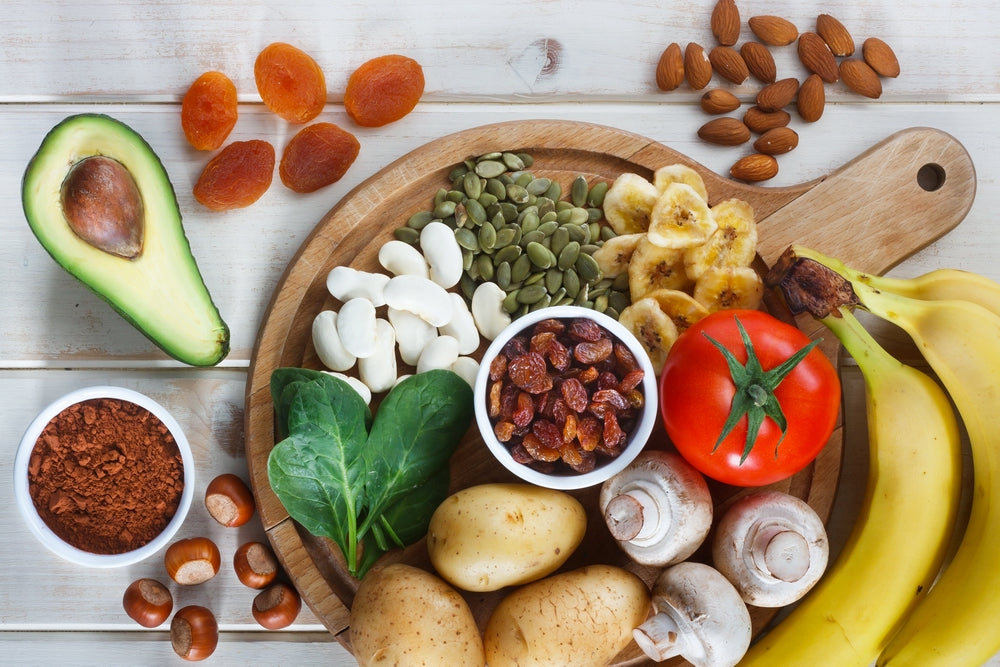
There’s no ignoring the fact that science has brought us many effective and life-saving medicines, from penicillin and the polio vaccine to so much more. However, the widespread availability and huge scope of modern pharmaceuticals means that many doctors today look only to treat and manage symptoms, rather than searching for an underlying cause. In many cases, nutrition and diet never even enter the conversation. Why not? Anyone who’s gone on a healthier diet and begun to feel better overall intrinsically knows that what you eat has a big effect on your body.
It stands to reason that providing your body with access to natural compounds it can’t synthesise alone could have a medicinal effect. After all, this is the basis for many traditional medicines worldwide. Plus, there’s no shortage of peer-reviewed research on many different foods and nutrients as to their disease-preventing effects. With this in mind, what do we know today about how diet can help us stay healthier? The answer is “quite a lot” - let’s take a look at some the conditions which a rich, robust diet can help to prevent.
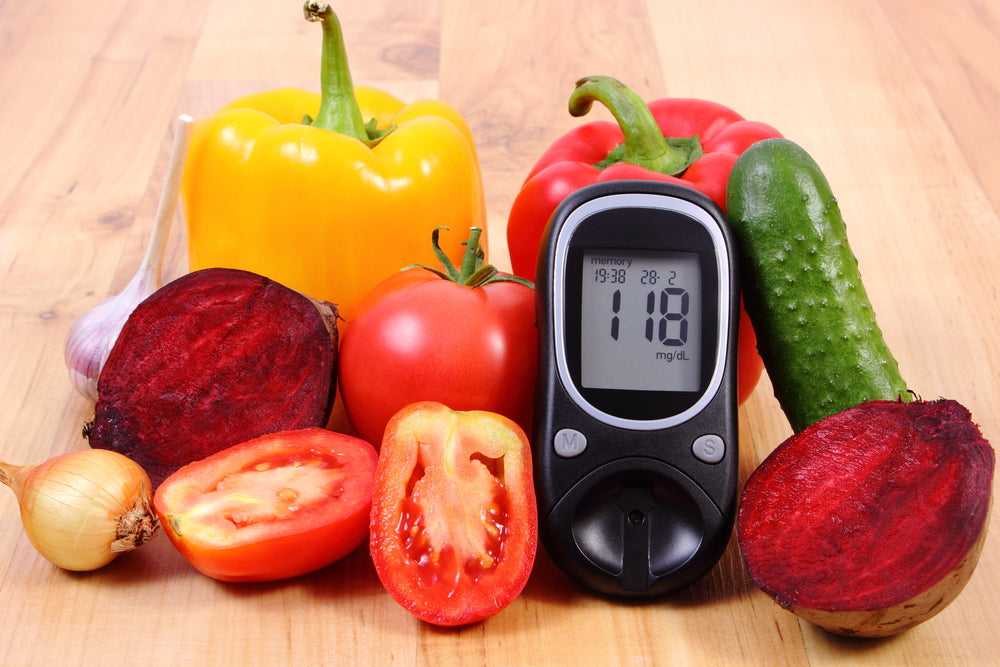
With nearly half a billion people around the world suffering from diabetes, this is one of the most widespread medical issues of our time. While some factors are outside of our control, like age or a genetic pre-disposition to diabetes, we can manage what we eat. Because diabetes relates to insulin production - which is hugely influenced by what we eat - it makes sense that dietary changes could help mitigate some of the risks for developing diabetes.
What you eat is perhaps just as important as what you choose not to eat. Highly processed snacks packed full of sugar and harmful trans fats should be high on your list of foods to avoid. Replacing artificial sweeteners and refined sugars with natural foods like fruits will help to lower your risk, as would diets rich in fibre and green vegetables. These foods are often loaded with magnesium, which science has also shown lowers diabetes risk. Good quality meats can form a solid source of protein and have a positive effect on hormone production. The research here is clear: dietary changes are an excellent way to cut the chance of developing this disease.
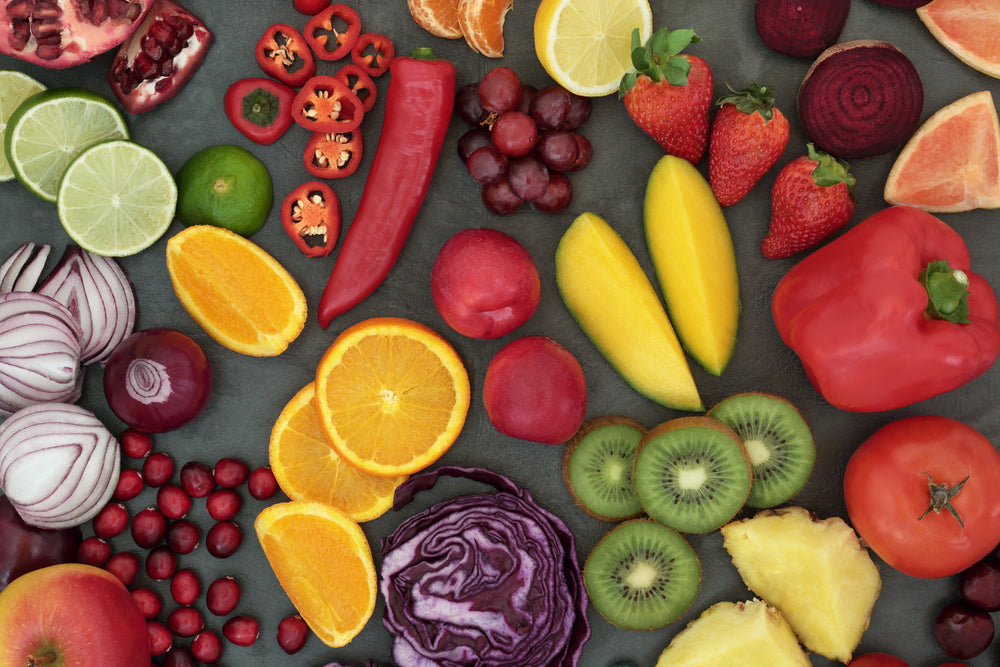
Our immune systems are the first line of defence against infection and invasion by foreign bacteria or viruses. Keeping them in top shape isn’t always easy, and there’s a lot of misinformation out there. For example, despite its popularity, Vitamin C doesn’t help protect against the common cold. However, the food we consume can have a proven impact on the strength of our immune systems. Even something as humble as the cumin seed contains immune-bolstering nutrients like iron. Our bodies put these nutrients to work boosting our natural protective mechanisms.
Increasing other foods in our diets can boost immunity, too. For example, mushrooms stimulate white blood cell production and keep your system in fighting shape. Whole foods rich in other types of vitamins, such as the vitamin B found in all kinds of oats, also contribute in this manner. Meanwhile, research shows antioxidants play a substantial role in contributing to better immune function. With easy, excellent, and tasty sources of antioxidants available in foods like tomatoes and berries, we can all enjoy the benefits of a strengthened immune system.
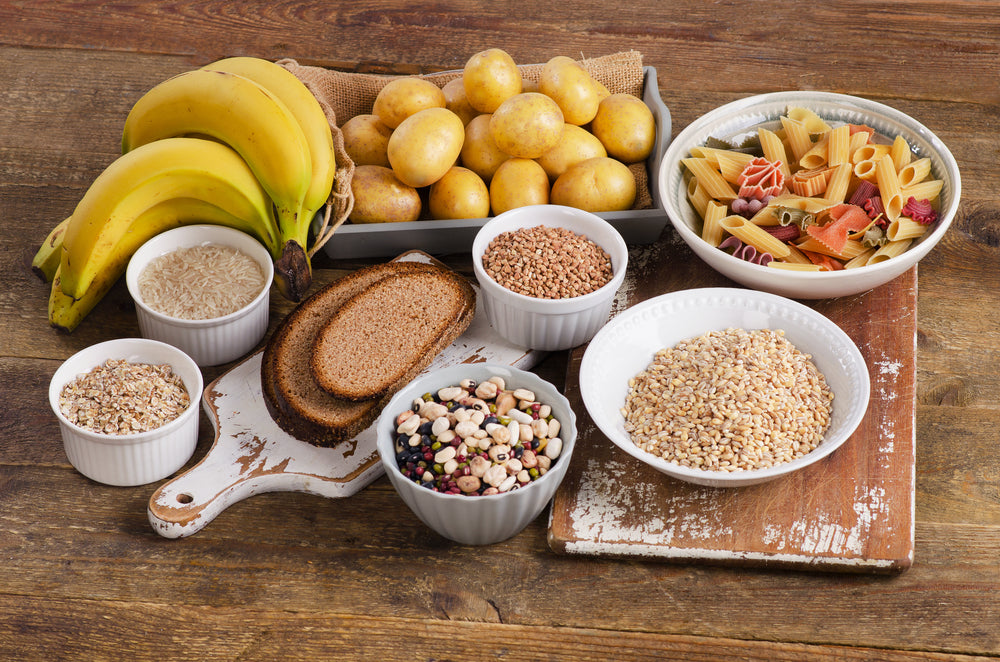
An unfortunately large number of people worldwide suffer from the effects of bowel disorders, whether it is the chronic inflammatory Crohn’s disease or the umbrella of “irritable bowel syndrome.” There is even the poorly understood “leaky gut syndrome,” where irritated intestinal linings allow unwanted particles to enter the bloodstream. There is currently little research on how diet might prevent the development of these problems; after all, the causes of IBS in particular, are poorly understood. Treatment for these diseases often centres on expensive medications or even surgery.
However, it’s well known that dietary changes can have big positive effects. Diets that carefully control the amount of insoluble fibre one takes in, for example, can help to reduce the effects of Crohn’s. Meanwhile, cutting caffeine and artificial sweeteners may contribute to reduced IBS systems. Examining your whole diet, and transitioning to a more natural approach, is a valid approach to treatment here.
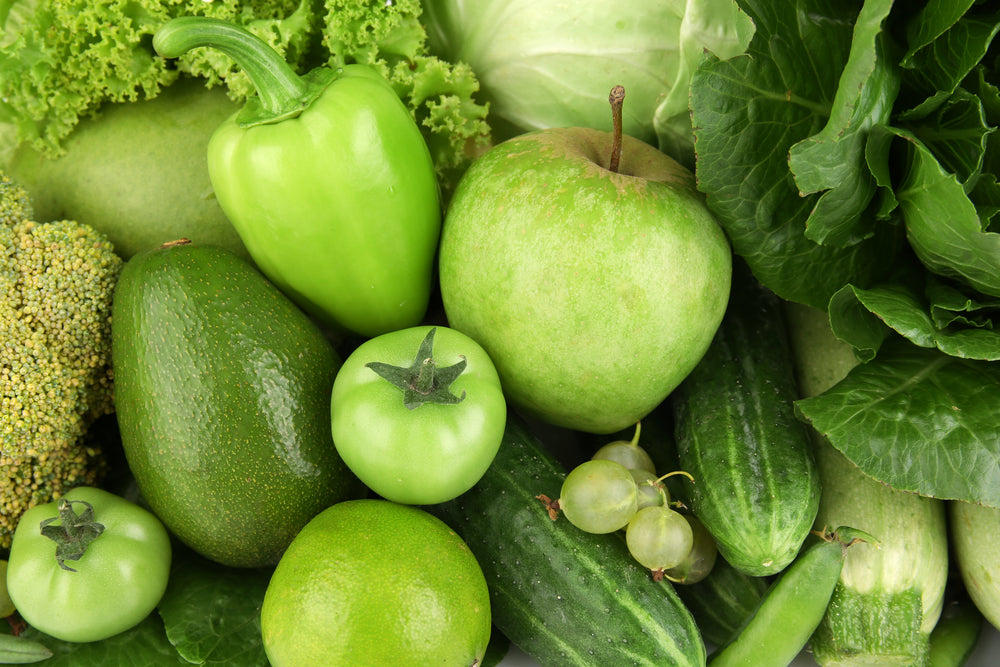
If you’ve ever spoken to someone who spends time building muscle or training hard in a gym, you probably learned they spend a surprising amount of time working on their diet. There’s a good reason for that, though: our bodies actively use what we consume in the process of building muscle. There’s hardly any need for fancy brand-name supplements when a diet of lean protein with the right vitamins and minerals can give you all the fuel necessary to build strong muscles.
As we age, though, our muscles can weaken naturally. Even here, diet can have an impact. Compounds found within green tomatoes and fresh apples, called tomatidine and ursolic acid respectively, have shown promise in research on weak muscles in older individuals. While exercise should play a part in our lives even into advanced age, giving your body the tools to stay strong helps, too.
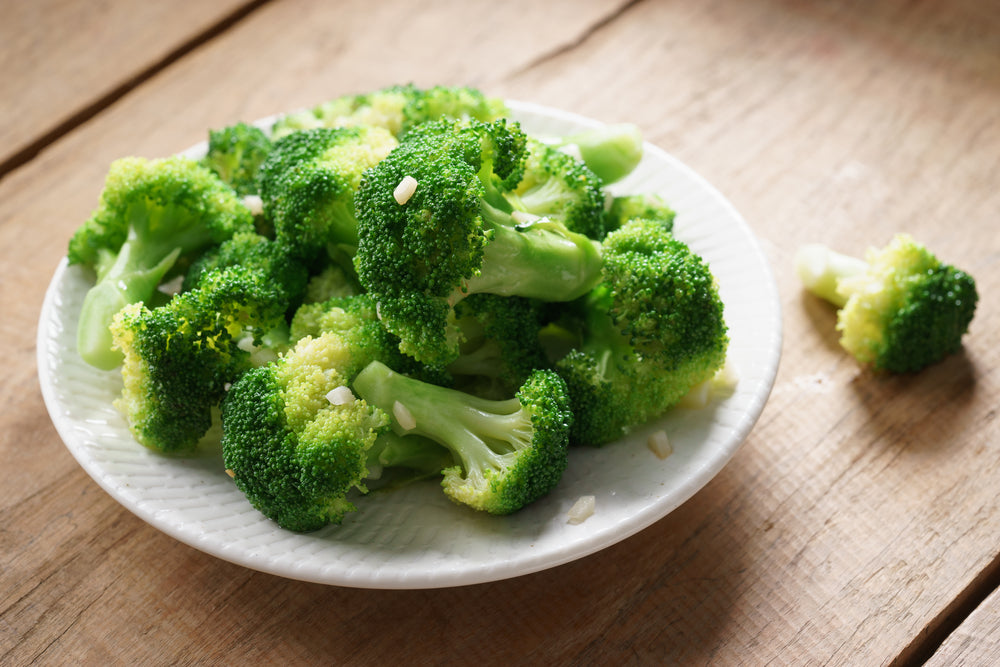
Speaking of protecting our bodies as we age, can the way we eat protect our ability to think, reason, and care for ourselves? Issues relating to cognitive decline, like dementia and Alzheimer’s disease, are on the rise in many countries with ageing populations. The good news is that the science in this area is pretty solid, too. There are many ways we can include new variations in our diets to help the brain stay healthy throughout life. Wondering about are some of them? Read on.
The humble broccoli is a rich source of vitamin K and another vitamin called choline. Both of these improve cognitive function and scientists link them to better memory recall. The spice turmeric has also demonstrated a link to a decreased Alzheimer’s risk. These are just a few examples - but there is definite proof that diet can help prevent us from developing these diseases.
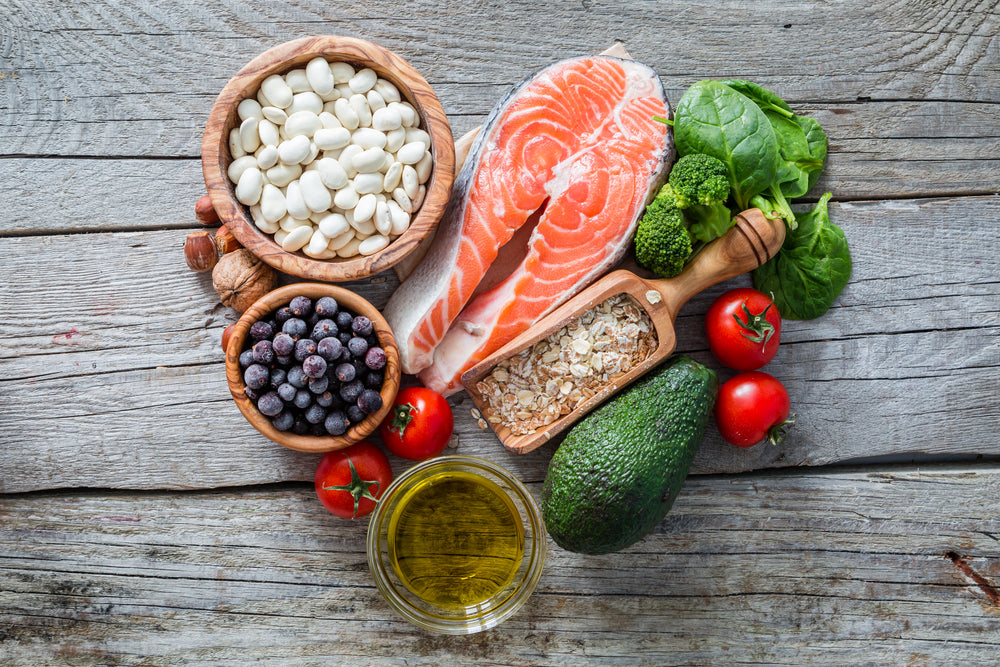
One of the leading causes of death, heart disease, continues to affect more people each year. This is one area where changes in diet actually form the bulk of established medical advice. The causes of heart disease are numerous, but many tie closely to diet. Because heart disease centres around clogged arteries, looking at what clogs those arteries is the key to preventing the problem.
High cholesterol is often one of these causes, and there are many drugs used to lower cholesterol. However, contrary to what most people believe dietary cholesterol has very little to no effect on blood cholesterol levels. Avoiding processed foods and refined sugars and instead eating organic free range eggs, Grass Fed beef, and Wild caught fish will massively effect your blood lipid profile in a positive way. Nuts, fruits, and whole grains all show evidence of naturally lowering one’s cholesterol. Fish oils, like those in sardines, also reduce the risk for heart disease. This natural nutritional solution is one area that we should all pay more attention to.
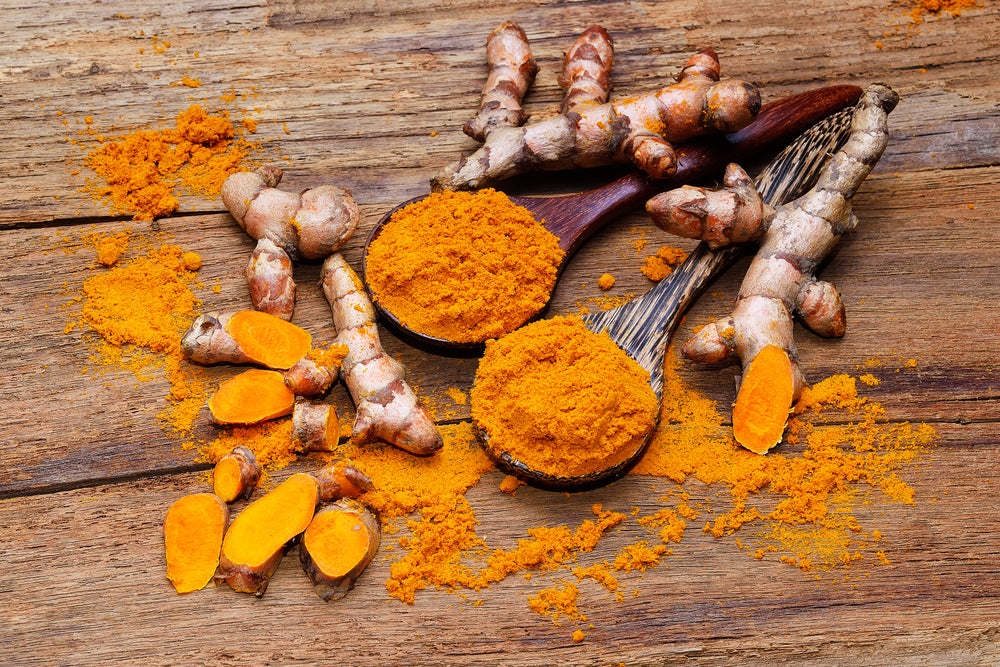
Painful joint inflammation and mobility issues aren’t limited to the old and infirm; arthritis pain can even afflict younger people at times. Rather than treating these problems with an endless array of pain medication and other drugs, though, diet can help reduce the amount of pain one experiences. Though arthritis can’t be wholly cured, there are many foods with anti-inflammatory properties. The nutrients with these effects percolate through your body and help cut down on the swelling that causes you so much pain. In the basket of foods that can accomplish this task are delicious items like turmeric, fish, olive oil, and citrus fruits.
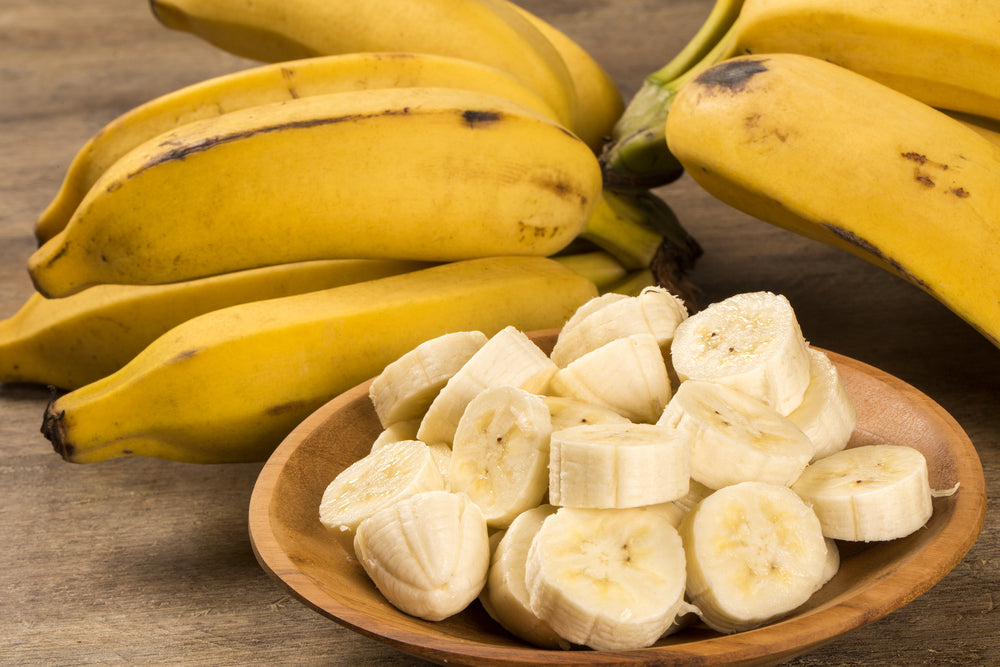
Finally, let’s touch on our skin. Many of us remember struggling with skin blemishes and acne as teenagers, and even probably remember superstitions like chocolate playing a role in triggering breakouts. It’s true that what we consume can affect our skin, even including conditions like eczema. For eczema sufferers, for example, potatoes and bananas help reduce the itchy, painful inflammations while providing skin with the nutrients it needs to heal. This provides a good alternative to tough steroid creams. Reducing sugars is important here as well, as is incorporating more of those spices — like turmeric again, which has many applications!
Mituri Pradip Sharma from https://nimveda.com/ says: "Proper nutrition, particularly fresh and unadulterated from Mother Nature assist with a plethora of modern diseases such as a variety of cancers, diabetes, heart disease, nervous system ailments and gastro issues just to mention a few (…) Coconut Oil, Mustard Oil, Turmeric, Cinnamon, Mustard Seeds and many more all have their part on dealing with certain issues ranging from cancer to weight loss.”
Matt Mahalo, Author of “The Path to Bliss” says: “In my experience, the basis of health is incredibly simple: if you want to feel better, start with eating better. Fall in love with fresh veggies. Then realise that 'right now' is the only moment that ever really matters. You'd be amazed how many 'serious' health issues can be cured (or at least effectively managed) by good nutrition.”
Fiona Willox from http://www.integratednutrition.com.au/ believes nutrition needs to be accounted for as part of any ongoing treatment for illness: “for my own clients who are suffering with health issues, we look at things more holistically to work out not only the ailment itself, but supporting factors that could be affecting it, and the recovery from it.”
The evidence of the impact dietary changes can have on our lives is overwhelming. While building a balanced diet that’s right for your body can take time and experimentation, the results are worth the effort. As more research continues into the effect nutrition and our eating habits have on our health, it seems likely we’ll only uncover more evidence that “we are what we eat.” Whether you hope to lower your risk of heart disease or provide your brain with protection from decline, there’s a bounty of interesting and natural foods which can help prevent disease. Is it time for you to reconsider what you’re putting on your plate?
Despite the benefits we’ve learned about protein powders, not all of them are keto-friendly. Just like any product for people on a low-carb diet, you need to read the label closely to make sure you’re not consuming added carbs and sugars.
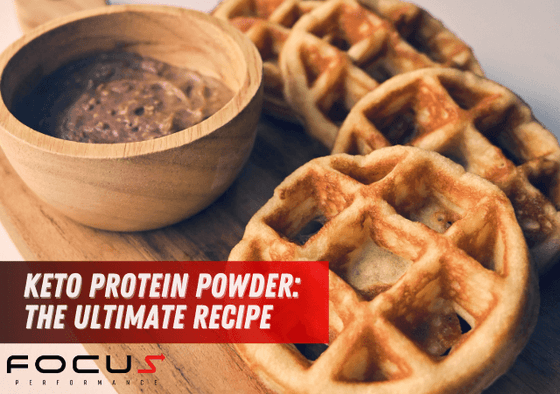
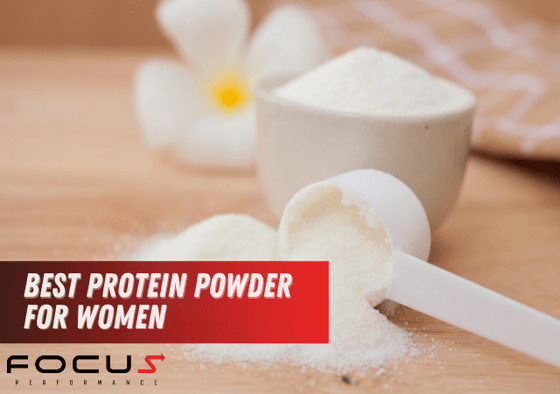
Scott Reid
Author
Scott Reid is a 2 x Britain’s Strongest Man U105kg winner (2007 & 2008) and IFSA World's Strongest Man U105kg Competitor. He is an expert in strength and conditioning and also coaches functional nutrition. Scott’s passion for understanding the human body and how to optimise every aspect of it has driven him to study under legends such as Paul Chek. Scott now coaches MMA Athletes, Strongmen and Bodybuilders to name but a few, helping them to implement a well structured diet and become more powerful, explosive versions of themselves.